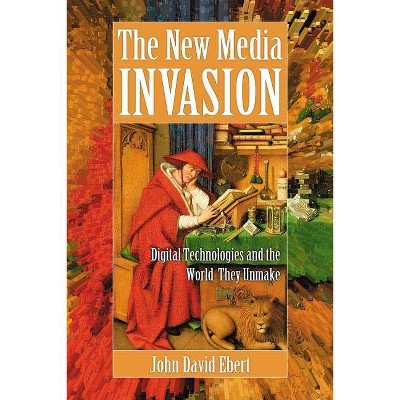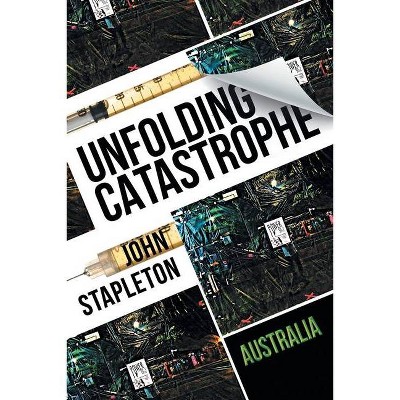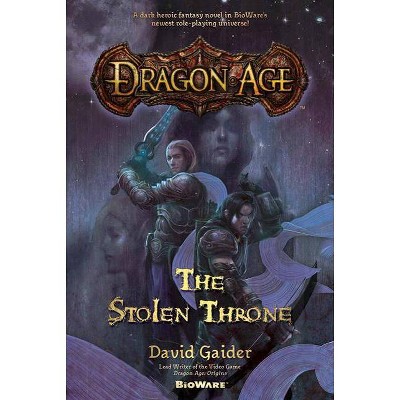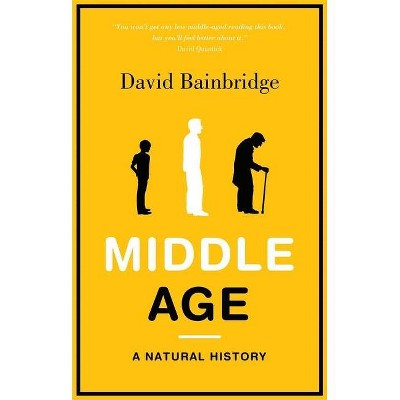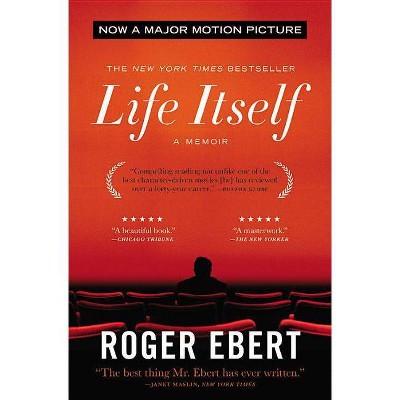Age of Catastrophe - by John David Ebert (Paperback)
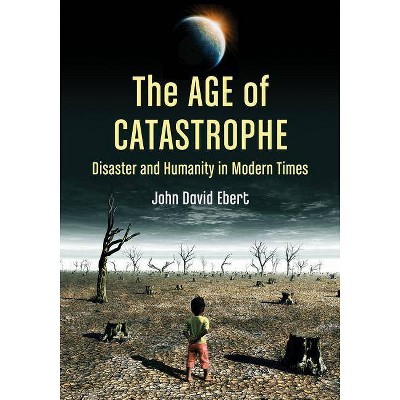
Similar Products
Products of same category from the store
AllProduct info
<p/><br></br><p><b> About the Book </b></p></br></br>Disasters, both natural and man-made, are on the rise. Indeed, a catastrophe of one sort or another seems always to be unfolding somewhere on the planet. We have entered into a veritable Age of Catastrophes which have grown both larger and more complex and now routinely very widespread in scope. The old days of the geographically isolated industrial accidents, of the sinking of a Titanic or the explosion of a Hindenburg, together with their isolated causes and limited effects, are over. Now, disasters on the scale of Hurricane Katrina, the BP oil spill or the Japan tsunami and nuclear reactor accident, threaten to engulf large swaths of civilization.<BR> This book analyzes the efforts of Westerners to keep the catastrophes outside, while maintaining order on the inside of society. These efforts are breaking down. Nature and Civilization have become so intertwined they can no longer be separated. Natural disasters, moreover, are becoming increasingly more difficult to differentiate from "man-made."<p/><br></br><p><b> Book Synopsis </b></p></br></br>Disasters, both natural and man-made, are on the rise. Indeed, a catastrophe of one sort or another seems always to be unfolding somewhere on the planet. We have entered into a veritable Age of Catastrophes which have grown both larger and more complex and now routinely very widespread in scope. The old days of the geographically isolated industrial accidents, of the sinking of a <i>Titanic</i> or the explosion of a <i>Hindenburg</i>, together with their isolated causes and limited effects, are over. Now, disasters on the scale of Hurricane Katrina, the BP oil spill or the Japan tsunami and nuclear reactor accident, threaten to engulf large swaths of civilization. This book analyzes the efforts of Westerners to keep the catastrophes <i>outside</i>, while maintaining order on the <i>inside</i> of society. These efforts are breaking down. Nature and Civilization have become so intertwined they can no longer be separated. Natural disasters, moreover, are becoming increasingly more difficult to differentiate from man-made. Instructors considering this book for use in a course may request an examination copy here.<p/><br></br><p><b> About the Author </b></p></br></br><b>John David Ebert</b> is the author of four previous books and has published essays in such periodicals as the <i>Antioch Review, Utne Reader, Parabola</i>, and <i>Whole Earth</i>. He has also been a featured scholar on A&E's <i>Ancient Mysteries.</i>
Price History
Price Archive shows prices from various stores, lets you see history and find the cheapest. There is no actual sale on the website. For all support, inquiry and suggestion messages communication@pricearchive.us
